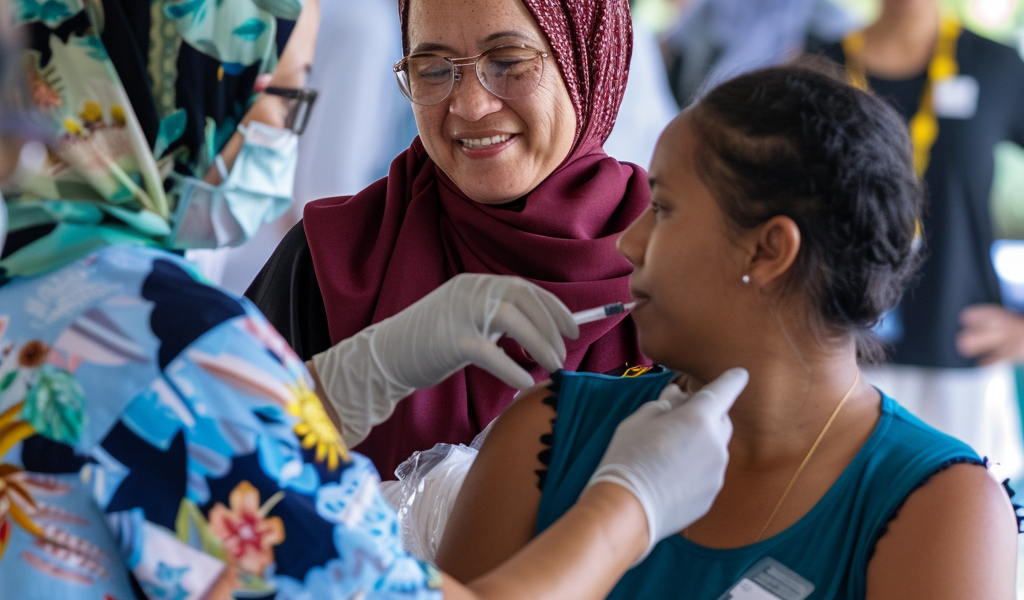The European Medicines Agency (EMA) has recently recommended the use of Valneva’s single-dose chikungunya vaccine, marking a significant step in combating the spread of the disease in Europe. This recommendation positions the vaccine, known as Ixchiq, as the first preventive shot against chikungunya in the region.
Chikungunya, a mosquito-borne disease with no approved drugs, has been increasingly spreading due to climate change. While current environmental conditions in Europe may not be conducive to the disease, the European Centre for Disease Prevention and Control (ECDC) has highlighted potential risks associated with the influx of potentially infected travelers and a susceptible population.
As of April, chikungunya has affected approximately 240,000 individuals globally, with the majority of cases reported in the Americas, Asia, and Africa, resulting in over 90 deaths according to ECDC data.
Valneva has reported that the European Commission is expected to make a decision on the approval of the vaccine in the third quarter of 2024, following the EMA’s recommendation. The vaccine, which received approval from the U.S. health regulator in November of the previous year, has demonstrated promising results in late-stage trials.
The EMA’s recommendation was based on trials showing that the vaccine induced antibody levels capable of neutralizing the chikungunya virus in 98.9% of participants for at least 28 days post-vaccination. Currently, the World Health Organization recommends symptomatic treatment for chikungunya, including bed rest with mosquito netting, adequate fluid intake, and the use of medications like Acetaminophen and Paracetamol.
Chikungunya is transmitted to humans through the bite of infected mosquitoes, with common symptoms including fever and joint pain, along with other possible symptoms such as headache, muscle pain, joint swelling, and rash.





